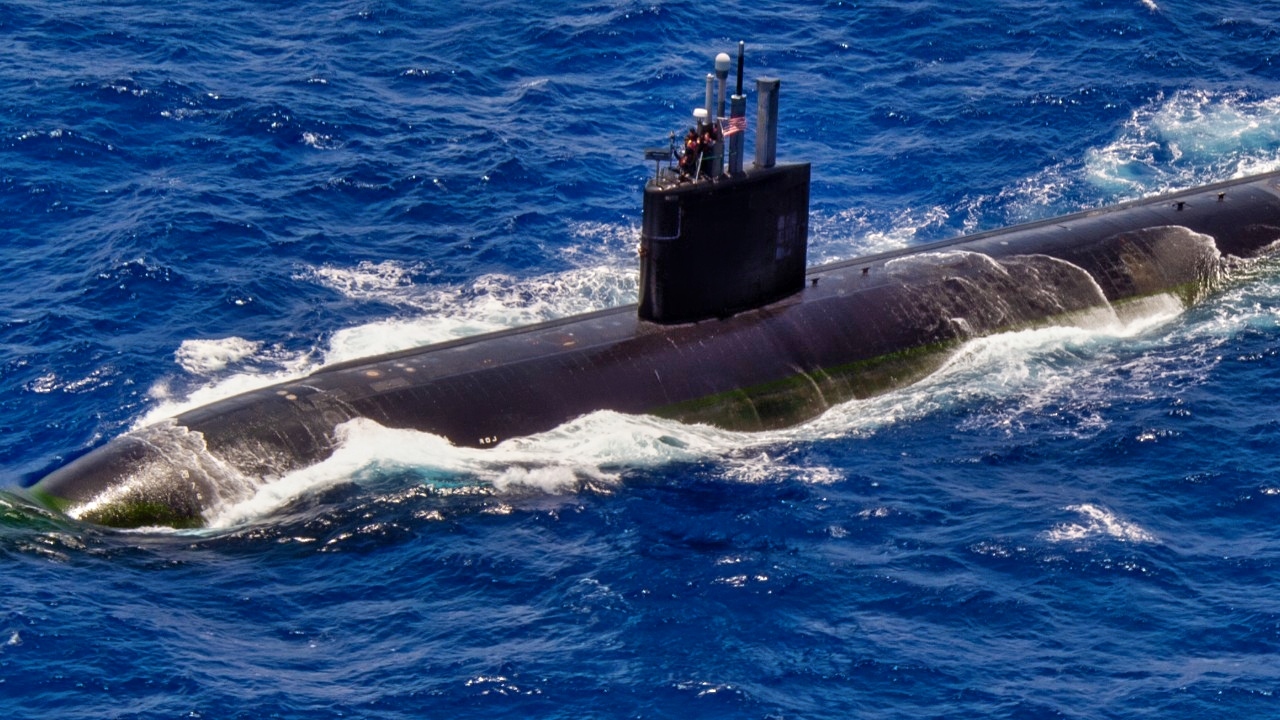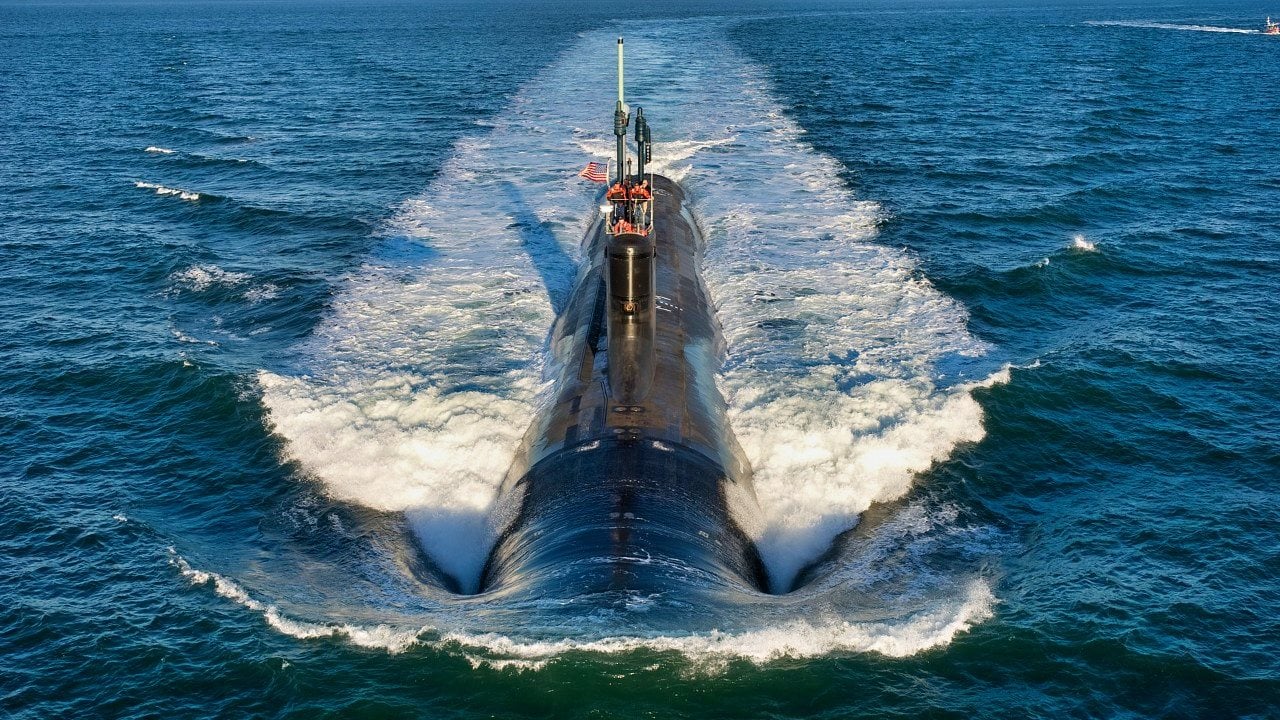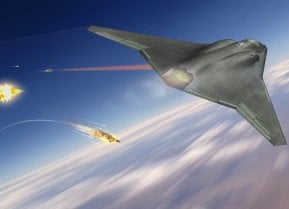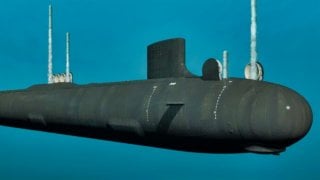The U.S. Navy Is Truly Desperate for More Virginia-Class Submarines
The Biden administration is seeking $1.95 billion in additional funding for the U.S. Navy to build two Virginia-class nuclear-powered fast attack submarines, as costs have risen due to inflation and post-pandemic challenges.
Summary and Key Points: The Biden administration is seeking $1.95 billion in additional funding for the U.S. Navy to build two Virginia-class nuclear-powered fast attack submarines, as costs have risen due to inflation and post-pandemic challenges.

-The funding gap emerged after the Fiscal Year 2024 budget allocated $7.13 billion for two Block V submarines, but older cost estimates failed to account for inflation. Delays in the procurement process, including disputes between the Navy and General Dynamics Electric Boat, have compounded the issue.
-The rising costs are likely to persist as the Navy looks ahead to Block VI submarines. A similar cost dispute recently delayed Boeing’s production of F/A-18 Super Hornets.
Biden Administration Seeks $1.95 Billion for Two Virginia-Class Submarines
The Biden administration is reportedly seeking to obtain additional money for the United States Navy, which would allow the sea service to build two additional Virginia-class nuclear-powered fast attack submarines. Politico first reported this week that the White House has reached out to lawmakers on Capitol Hill for $1.95 billion, enough to make up for the price gap for two of the boats that were originally to be funded as part of the Congressional Fiscal Year 2024 (FY24) budget.
"Language is needed to appropriate $1.95 billion to the Shipbuilding and Conversion, Navy account of the Department of Defense (DOD) for expenses necessary for procurement of two Virginia-class submarines. Without the anomaly, DOD would have insufficient funding to sign contracts for the submarines during the period of the CR," read the notification to lawmakers, Politico first reported.
Congress only has until September 30 to pass any short-term funding.
Costs Higher Than Expected
The FY24 defense funding budget had called for $7.13 billion for two Block V Virginia-class submarines, while the total funding – including FY23 advanced procurement money – was $9.4 billion. However, the budget request for the two submarines "was based on older cost estimates that did not consider post-pandemic inflation. The two submarines were added as unpriced options that were part of the more favorable 2019 multiyear deal pricing for Block V attack boats," USNI reported.
Moreover, the advanced procurement for the submarines had already been delayed due to a previous dispute between the U.S. Navy and General Dynamics Electric Boat, the builder of the Block V boats. The service and the contractor couldn't agree on "who would shoulder the risk if a missile detonated aboard while the boats were under construction or repair," USNI News also noted.
Though that issue was settled, the rising costs of the Block V have remained an ongoing issue – and the problem is likely to only get worse as Electric Boat begins to look beyond the current block. Last month, the U.S. Navy awarded the shipbuilder a $1.3 billion long-lead contract for the first Block VI submarine. Construction won't begin on those submarines for several years, but it will enable the contractor to begin to purchase long lead time materials.
Is The Navy Playing Hardball With Contractors?
The showdown between the U.S. Navy and Electric Boat isn't the only dispute that delayed a program of record. The service and aerospace giant Boeing were at an impasse for several months over the cost of the final batch of F/A-18 Super Hornets.

It was only in April that the firm secured a new $1.3 billion contractor to produce 17 new Super Hornets.
The U.S. Navy received appropriated funds from Congress to purchase the block of F/A-18 Super Hornets – the larger and more advanced version of the original F/A-18 Hornet carrier-capable, multirole fighter – to help mitigate the strike fighter shortfall. The award was an Undefinitized Contract Action with the intent to definitize within a few months. Delivery of the final 17 Block III Super Hornet aircraft is expected to begin in winter 2026 and reach completion in the spring of 2027.
Author Experience and Expertise: Peter Suciu
Peter Suciu is a Michigan-based writer. He has contributed to more than four dozen magazines, newspapers, and websites with over 3,200 published pieces over a twenty-year career in journalism. He regularly writes about military hardware, firearms history, cybersecurity, politics, and international affairs. Peter is also a Contributing Writer for Forbes and Clearance Jobs. You can follow him on Twitter: @PeterSuciu. You can email the author: [email protected].
Image Credit: Creative Commons and/or Shutterstock.


